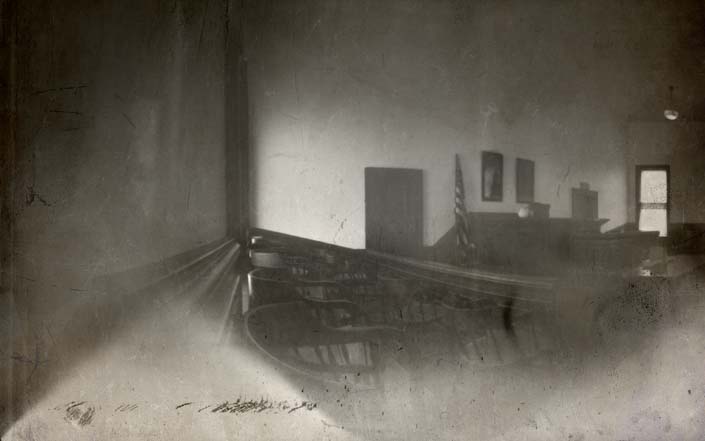
C.S. Lewis on Naturalism and Inference on Trial
Miracles (Zondervan: February 6, 2001; orig. 1947), pp. 32-4.The Naturalist might say, ‘Well, perhaps we cannot exactly see — not yet — how natural selection would turn sub-rational mental behaviour into inferences that reach truth. But we are certain that this in fact has happened. For natural selection is bound to preserve and increase useful behaviour. And we also find that our habits of inference are in fact useful. And if they are useful they must reach truth’. But notice what we are doing. Inference itself is on trial: that is, the Naturalist has given an account of what we thought to be our inferences which suggests that they are not real insights at all. We, and he, want to be reassured. And the reassurance turns out to be one more inference (if useful, then true) — as if this inference were not, once we accept his evolutionary picture, under the same suspicion as all the rest. If the value of our reasoning is in doubt, you cannot try to establish it by reasoning. If, as I said above, a proof that there are no proofs is nonsensical, so is a proof that there are proofs. Reason is our starting point. There can be no question either of attacking or defending it. If by treating it as a mere phenomenon you put yourself outside it, there is then no way, except by begging the question, of getting inside again.
A still humbler position remains. You may, if you like, give up all claim to truth. You may say simply ‘Our way of thinking is useful’ — without adding, even under your breath, ‘and therefore true’. It enables us to set a bone and build a bridge and make a Sputnik. And that is good enough. The old, high pretensions of reason must be given up. It is a behaviour evolved entirely as an aid to practice. That is why, when we use it simply for practice, we get along pretty well; but when we fly off into speculation and try to get general views of ‘reality’ we end in the endless, useless, and probably merely verbal, disputes of the philosopher. We will be humbler in the future. Goodbye to all that. No more theology, no more ontology, no more metaphysics…
But then, equally, no more Naturalism. For of course Naturalism is a prime specimen of that towering speculation, discovered from practice and going far beyond experience, which is now being condemned. Nature is not an object that can be presented either to the senses or the imagination. It can be reached only by the most remote inferences. Or not reached only by the most remote inferences. Or not reached, merely approached. It is the hoped for, the assumed, unification in a single interlocked system of all the things inferred from our scientific experiments. More than that, the Naturalist, not content to assert this, goes on to the sweeping negative assertion. ‘There is nothing except this’ — an assertion surely, as remote from practice, experience, and any conceivable verification as has ever been made since men began to use their reason speculatively. Yet on the present view, the very first step into such a use was an abuse, the perversion of a faculty merely practical, and the source of all chimeras.